
Why Drinking Green Tea for Breakfast is Beneficial
It’s well-known that breakfast is the most important meal of the day. By following proper dietary habits, breakfast can provide all the energy needed to start the day right.
A Balanced Breakfast
A balanced breakfast, like any meal, should provide the body with all the necessary nutrients: carbohydrates, proteins, fats, as well as vitamins and minerals.
Carbohydrates are essential for energy, so yes to cookies, toast, and bread... but whole grains and less refined flours are preferred.
Proteins are important for muscles and more, so adding Greek yogurt, eggs, or plant-based protein sources to your breakfast is beneficial.
Fats, in moderate amounts, are essential for the proper functioning of our body. Ideal additions to your morning meal include nuts, avocado, or seeds.
Vitamins and minerals are mainly found in fruits and vegetables. Opt for seasonal produce and choose fresh juices over industrial ones.
Hydration is also crucial. Green tea, in particular, is the perfect breakfast beverage due to its rich micronutrient content and health benefits.
Benefits of Drinking Green Tea
There are many reasons to drink green tea for breakfast, primarily because it contains a significant amount of antioxidants.
Polyphenols are the main active compounds in tea. Catechins, including epigallocatechin-3-gallate (EGCG), are the predominant and most studied polyphenols in green tea.
Numerous cell culture studies show that green tea polyphenols have beneficial health effects. They help counteract the formation of free radicals in the body, playing a fundamental role in preventing aging and even some diseases.
Green tea also contains numerous vitamins such as Vitamin C, K, and B group, and minerals like potassium, calcium, phosphorus, and magnesium.
Lastly, green tea has diuretic and draining effects, promoting body purification.
The Synergistic Effects of Caffeine and Theanine
Another good reason to drink green tea at breakfast is that it contains L-theanine, an amino acid responsible for the unique “umami” taste and shown to reduce mental and physical stress.
L-theanine increases the activity of the inhibitory neurotransmitter GABA, reducing anxiety. Other neurochemistry studies suggest that L-theanine increases serotonin and dopamine levels, acting as a neuroprotective and cognitive-enhancing agent, improving concentration and memory.
Green tea also contains caffeine, albeit in smaller quantities than coffee, but still enough to produce an energizing effect without causing nervousness.
Studies show that caffeine and L-theanine have synergistic effects, improving brain function.
Green tea makes us awake, active, and in a good mood, making the morning the perfect time for a good cup. Be cautious of consuming too much in the evening or before bed as it may cause insomnia.
Which Green Tea to Drink at Breakfast?
All green tea varieties come from the same plant, Camellia sinensis. The cultivation method and leaf processing after harvest differentiate the taste and flavor.
To fully enjoy the intrinsic characteristics of tea leaves, Ceremonial Matcha green tea is ideal as its preparation involves suspension. Freshly sprouted leaves are hand-picked, gently dried, and slowly stone-ground. The fine and fragrant powder is dissolved directly in water, offering an intense and enveloping flavor.
For a more delicate green tea, opt for loose-leaf green tea like Gyokuro or Sencha. Both are Japanese green teas, prepared by infusion, with bright green leaves and a characteristic needle shape.
Sencha offers a refreshing, harmonious taste, ranging from astringent to sweet. Gyokuro is characterized by vegetal notes and a unique sweet nuance.
Sources:


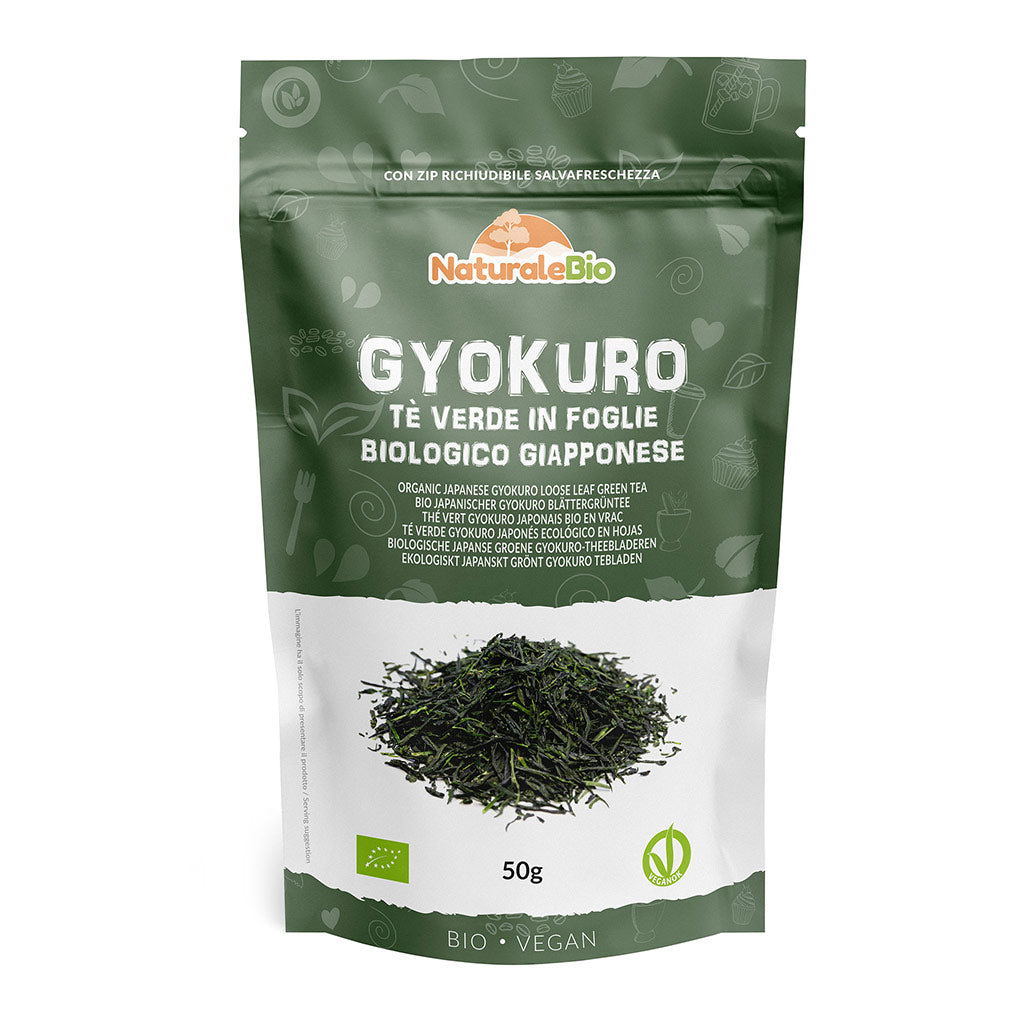
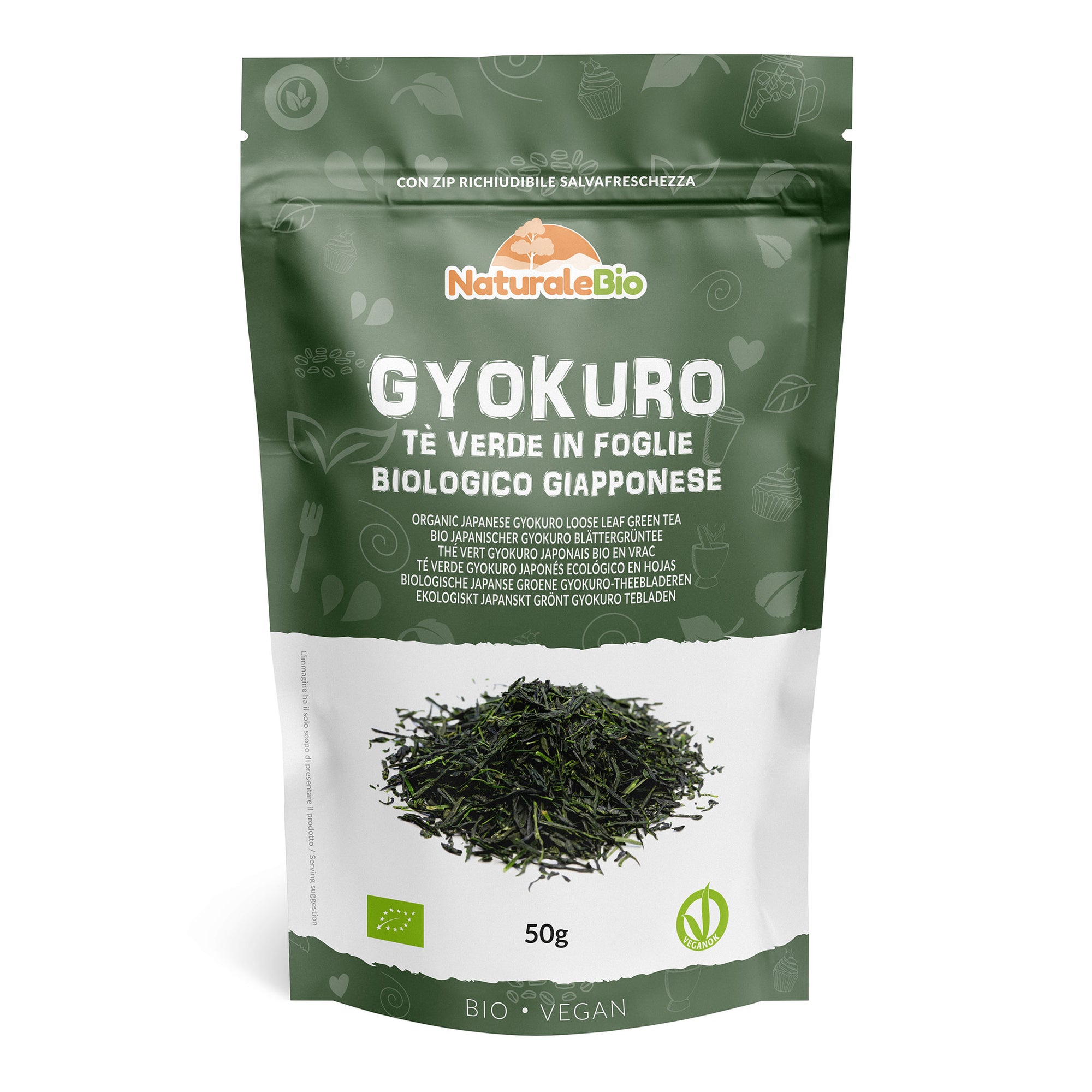
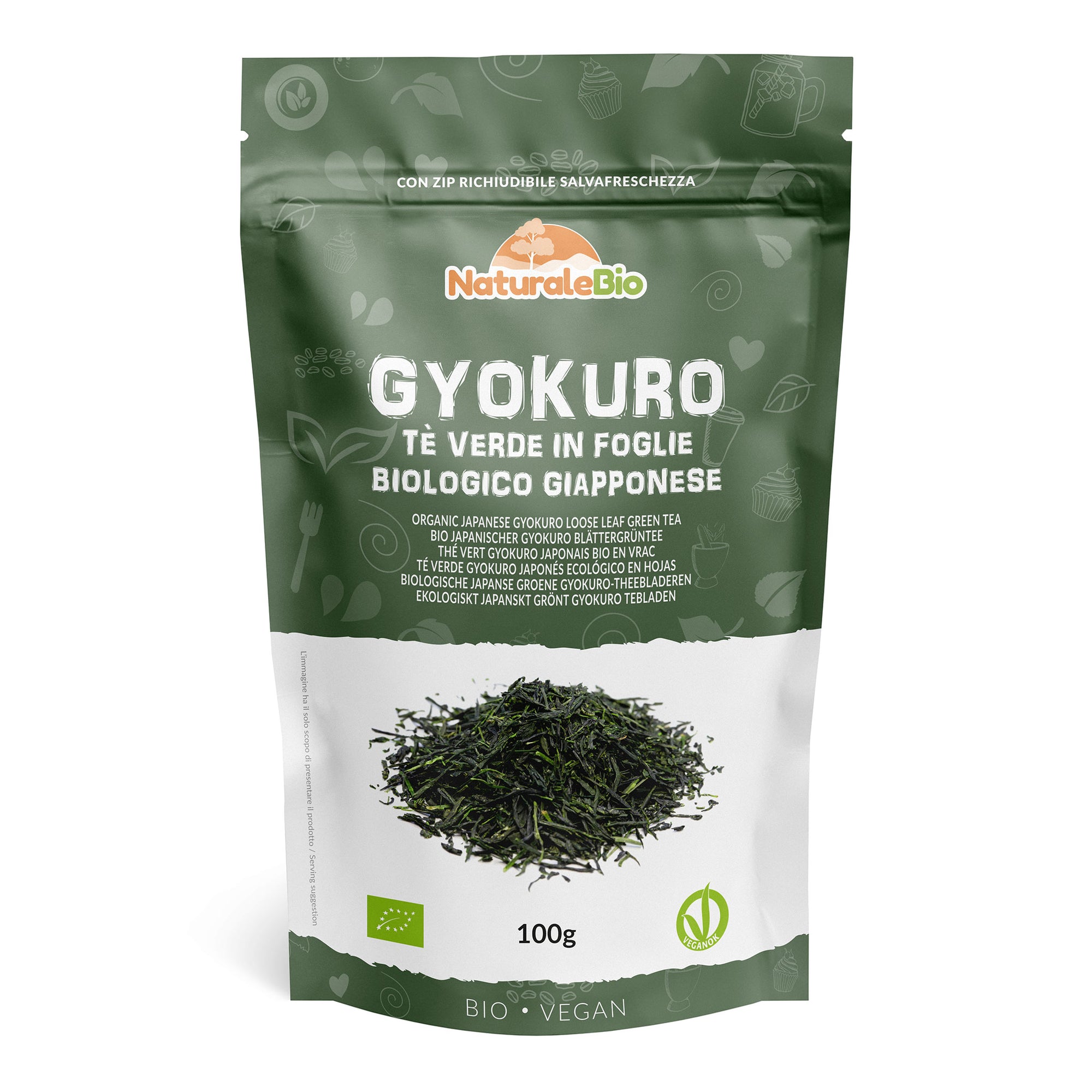
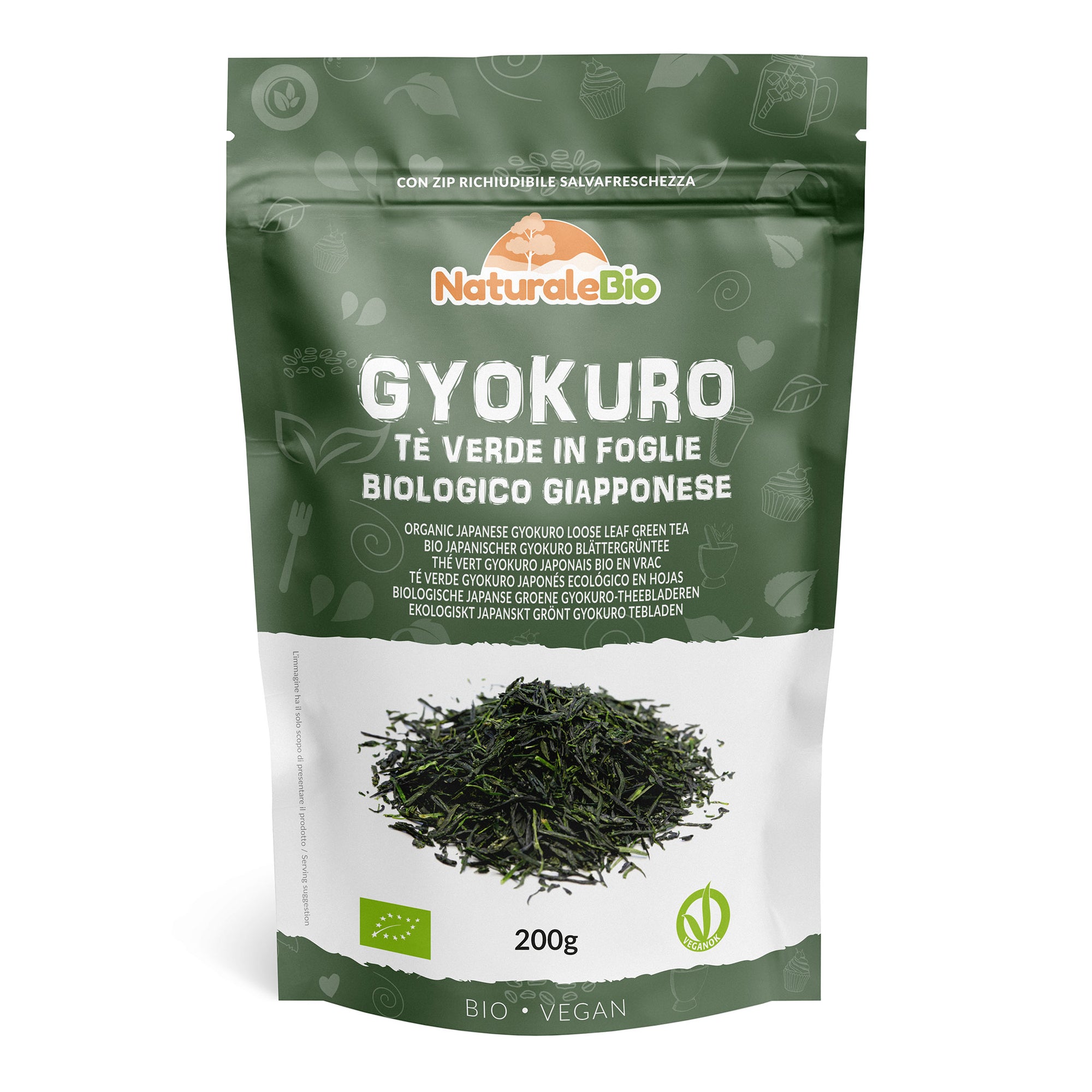
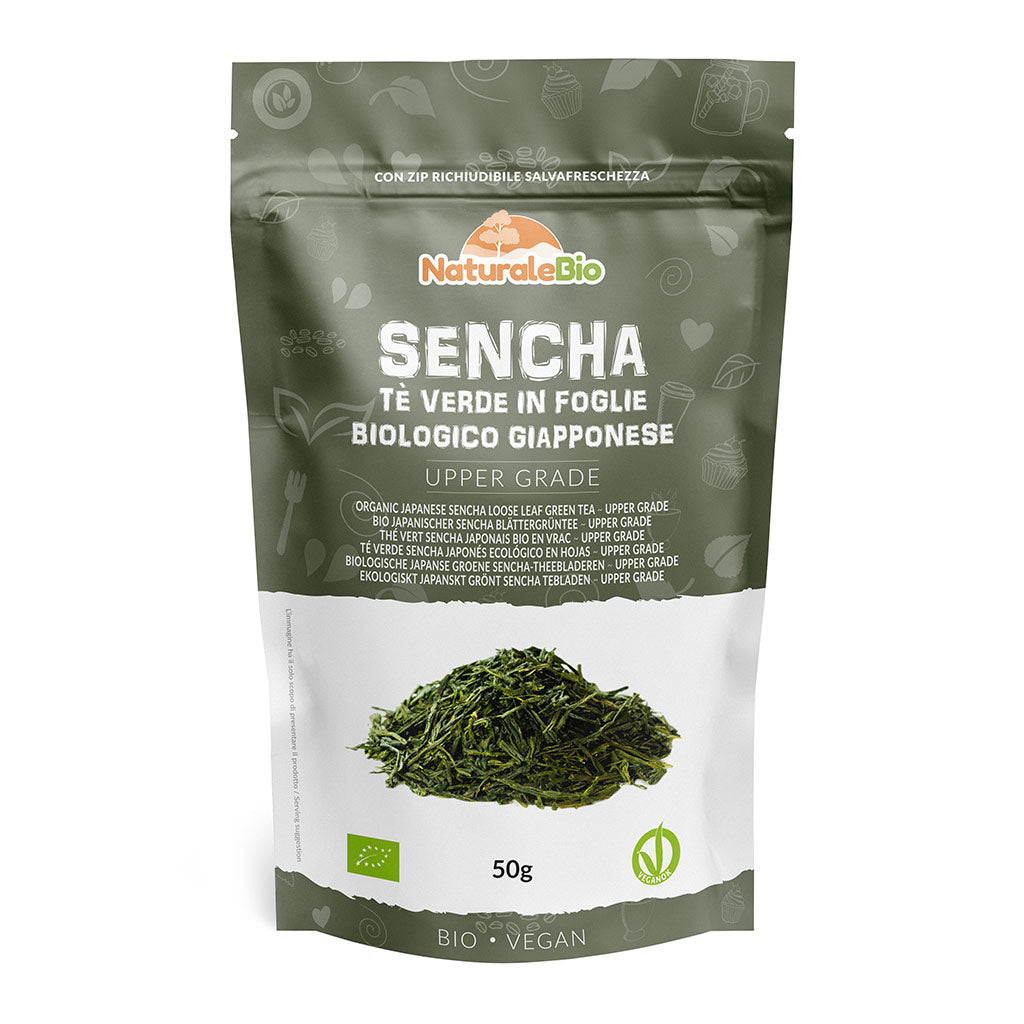

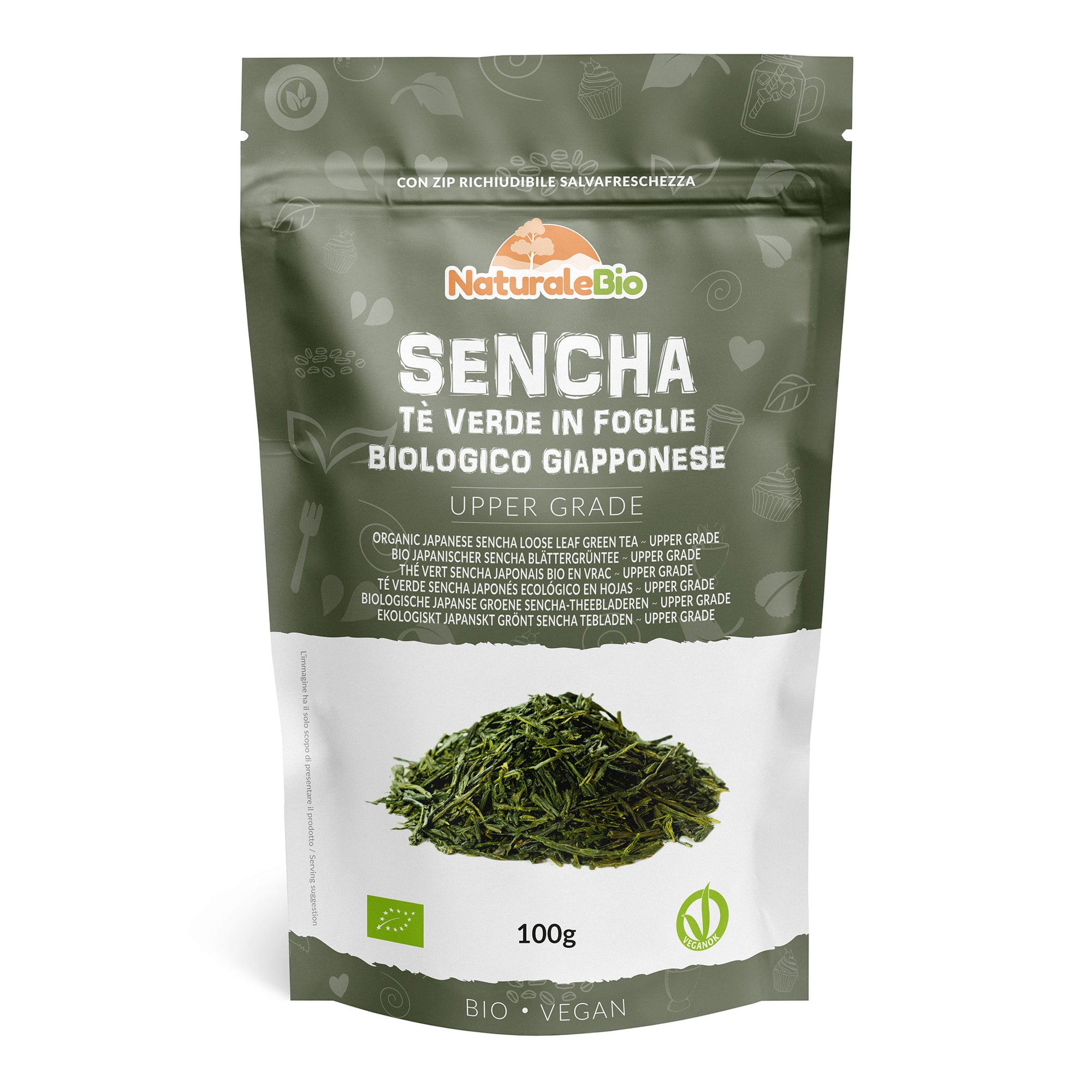




0 comments